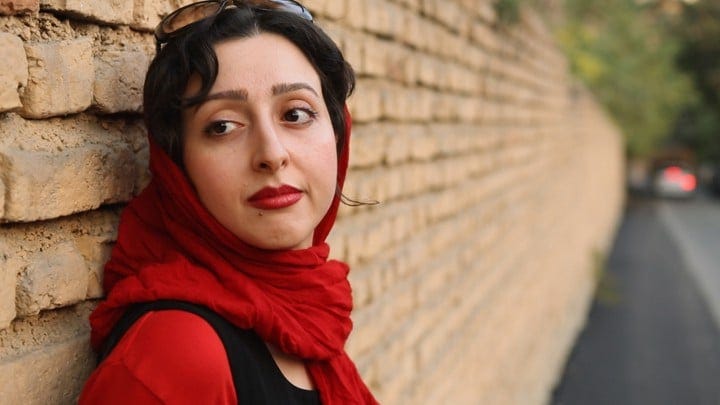The 5 Must-See Films of the 2015 Human Rights Watch Film Festival

The Human Rights Watch Film Festival is focused on advocacy. Human Rights Watch is, after all, an organization with a global commitment to social justice. It follows that its traveling series of documentaries, now making a stop in New York City, would have a clear emphasis on the role of cinema as a form of political and social activism. The opening nig…
Keep reading with a 7-day free trial
Subscribe to Nonfics to keep reading this post and get 7 days of free access to the full post archives.



